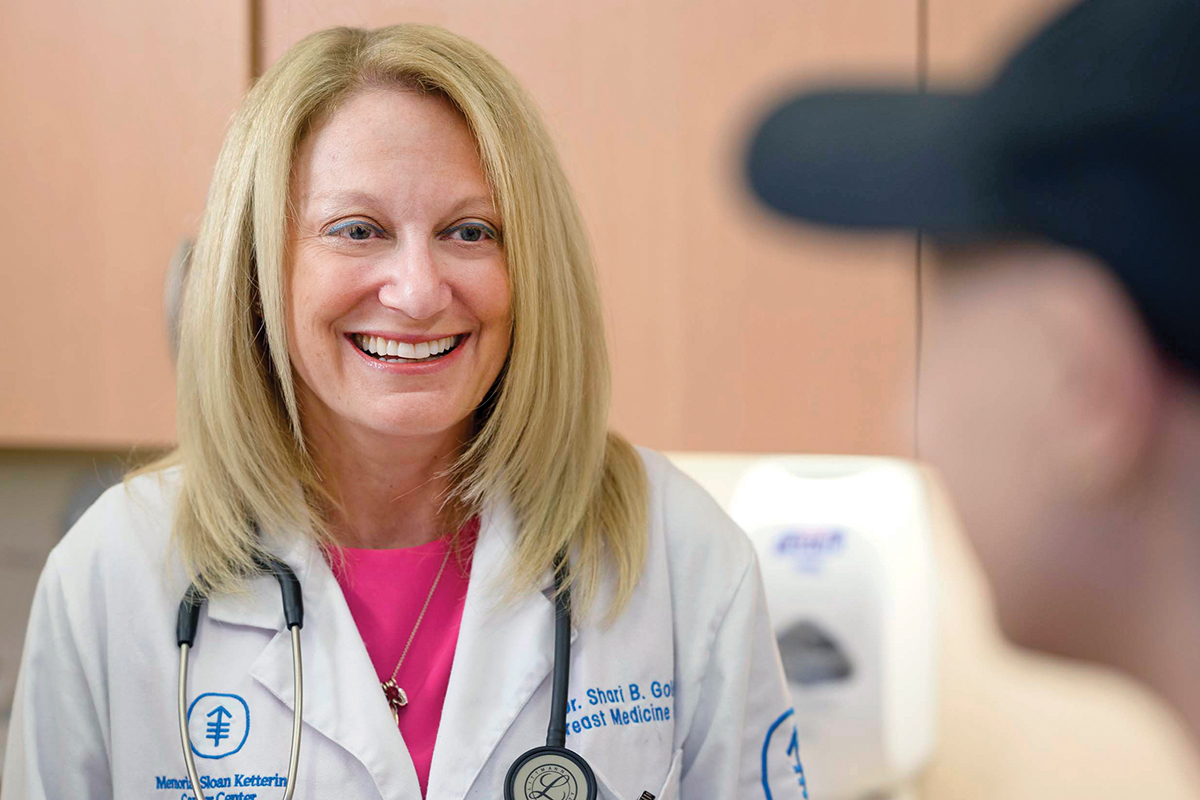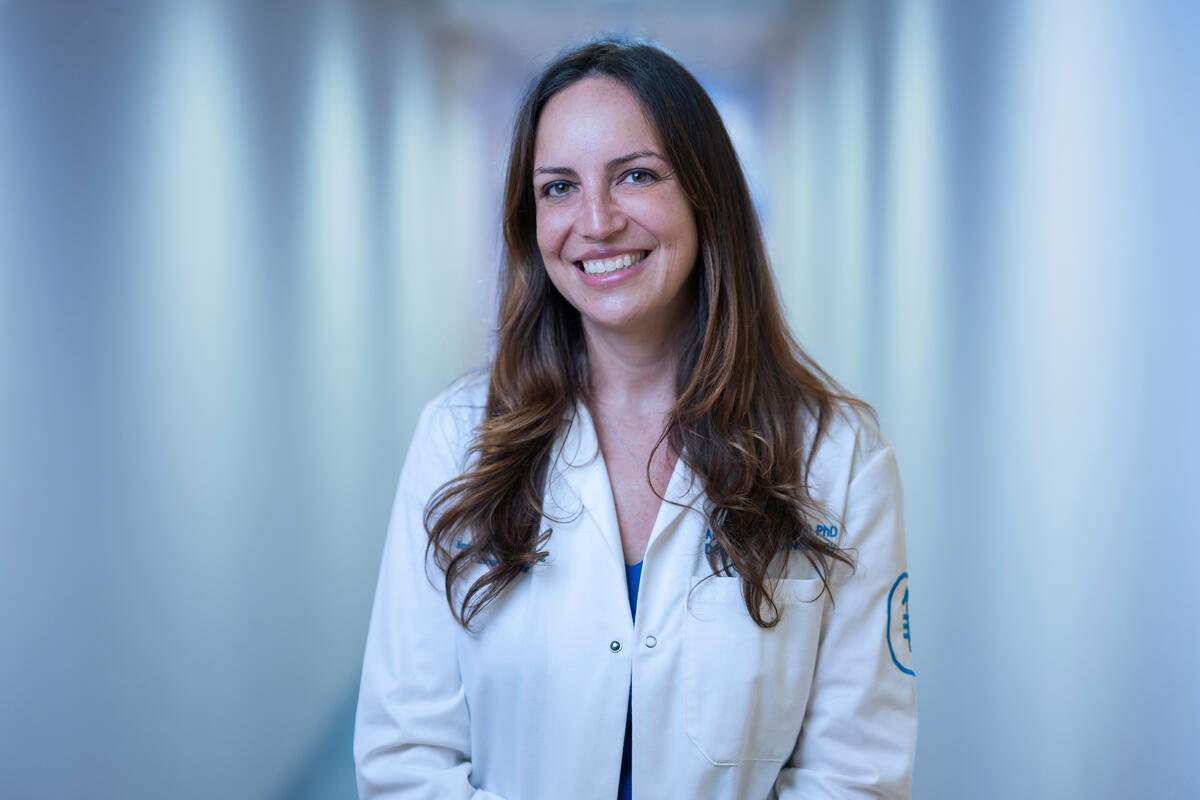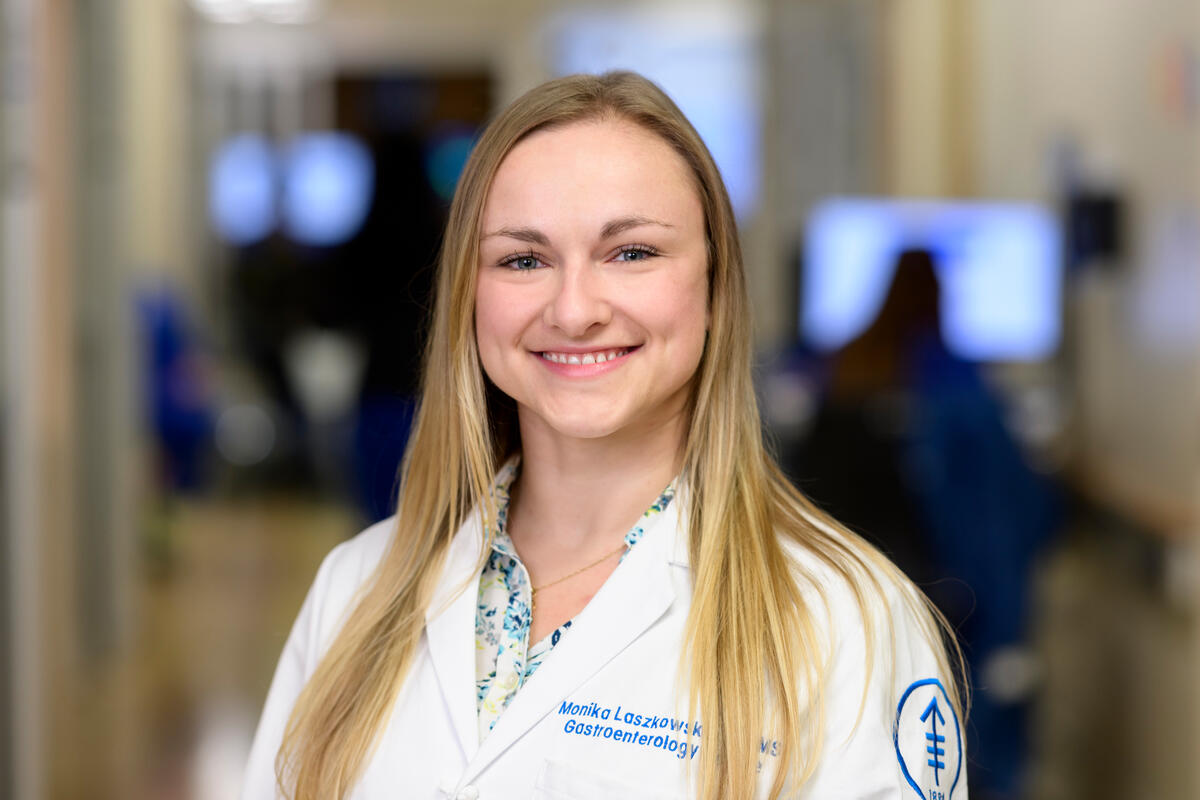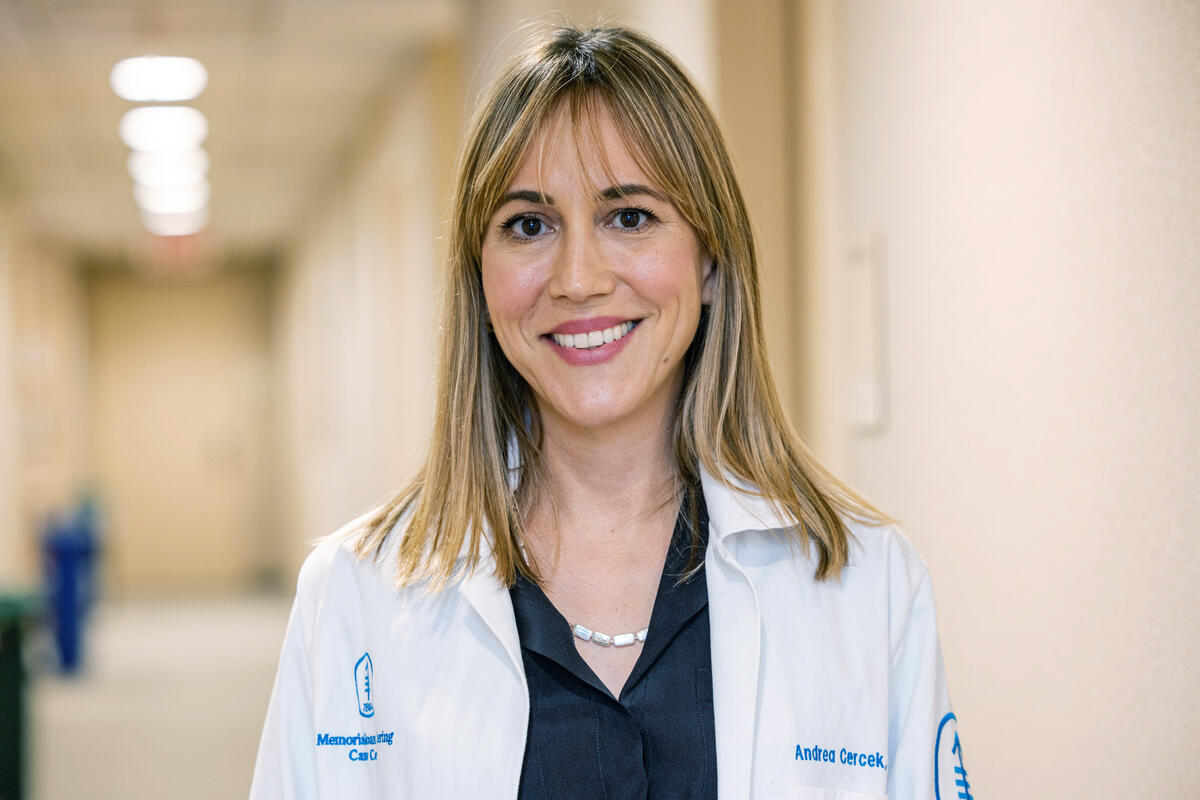
It’s a disturbing mystery that has drawn the attention of investigators from across Memorial Sloan Kettering Cancer Center (MSK).
Why are a growing number of young people under 50 being diagnosed with over a dozen forms of cancer around the world? This trend is especially worrying in women, according to statistics released in January 2025 by the American Cancer Society, which found that cancer incidence rates “in women under 50 are now 82% higher than their male counterparts, up from 51% in 2002.” This nationwide concern is a Time magazine cover story, “The Race to Explain Why More Young Adults Are Getting Cancer,” which features MSK patients and experts.
Types of Cancers Becoming More Common in Young People
Men and women in the prime of their lives are increasingly being diagnosed with serious cancers, including colorectal, breast, prostate, uterine, stomach (gastric), pancreatic, and more. One forecast predicts cancer for this age group will increase by 30% globally from 2019 to 2030.
“This is serious and worrisome,” says Shari Goldfarb, MD, breast oncologist and Director of MSK’s Young Women With Breast Cancer program.

“This is not a blip,” explains Andrea Cercek, MD, gastrointestinal oncologist and Co-Director of The Center for Young Onset Colorectal and Gastrointestinal Cancer. “The more data we gather, the clearer this becomes.”
The spike in colorectal cancers among younger people led major medical groups to lower the age when people should begin screening from 50 years old to 45. Research from the American Cancer Society published in August 2025 found that the new guidelines increased colorectal screening by 62% among people between 45 and 50.
The number of colorectal cancer cases diagnosed in that age group also jumped from 1% to 12%. Many experts say that is good news, because it means more cancers were caught early, when they are easier to treat and survivors enjoy a better quality of life after recovery.
MSK Leadership in Caring for Younger People with Cancer
MSK is a pioneer in caring for the specific needs of people facing what are often called early-onset cancers, who confront very different challenges than older adults. In addition to centers focused on breast cancer, colorectal and gastrointestinal cancer, MSK established the Lisa and Scott Stuart Center for Adolescent and Young Adult Cancers. The coming surge in cases is a key reason MSK is building a new state-of-the-art hospital, called the MSK Pavilion.
Just as importantly, MSK experts are leading the investigation into why this is happening.
Is Obesity Causing More Young People to Get Cancer?
An obvious focus for rising cancer rates is the vicious circle of obesity, highly processed foods, and sedentary lifestyles, which are an epidemic in America and growing in many countries.
“We know obesity causes inflammation, which can lead to cancer,” explains Dr. Goldfarb. “We believe that plays a role and needs to be addressed. But it doesn’t fully explain the growing rates of young women with breast cancer.”

Nor does it explain the increase in cases seen by MSK’s Center for Young Onset Colorectal and Gastrointestinal Cancer, which is co-directed by gastroenterologist Robin Mendelsohn, MD. The center has tracked more than 4,000 younger adults. “They are actually less likely to be obese than the general population,” says Dr. Mendelsohn. “They are also less likely to use tobacco or have other known risk factors.”
Promising Leads for the Mystery of Increasing Rates of Cancer in Young Adults
MSK experts agree there is not a single smoking gun. “If there was, researchers would have found it,” says Dr. Mendelsohn. “Instead, there are likely several causes.”
Dr. Cercek explains, “The working hypothesis is that there is an environmental exposure — or multiple exposures — that people born starting in the 1950s came in contact with.” It’s possible, she says, that the “exposures began in the 1960s or ’70s and have been continuously present since then.”
Researchers are also widening their focus to look at developments outside cancer to see if there are commonalties. “We know rates of several cancers are rising in young adults, including those outside of the gastrointestinal tract, such as breast and myeloma. Interestingly though, rates of atherosclerosis (hardening of the arteries) are rising in younger adults, compared to decreasing rates in older people,” says Dr. Cercek. “Many things in health are happening at younger ages than in years past.”
Dr. Cercek led a discussion of specialists studying these developments across different health issues at a December 2025 conference on early onset cancer. “It’s important for us to get outside our own niches and think about this from new perspectives,” she says.
How Microbiome Diversity Affects Cancer Rates
In May 2025, Dr. Mendelsohn presented preliminary data at a medical conference about the microbiome of people with early-onset colorectal cancer. The microbiome, also known as the invisible organ, is the enormous community of bacteria and other microbes that live in our gut, which help regulate our digestive system.
“We found that younger people with colorectal cancer had less diversity in their microbiome than older patients,” says Dr. Mendelsohn. “And the makeup of the two groups’ microbiome is different too.” That’s important because more diversity generally means better health.
By scouring the vast amount of lifestyle data younger patients at MSK have provided, she says, MSK is “investigating factors we know affect the microbiome, including dietary changes, medications such as antibiotics, and even factors from childhood, such as breastfeeding and C-section patterns, age of parents at birth, and more.”
The goal, says Dr. Mendelsohn, is to “look for a possible trigger that would explain why the microbiomes of these patients are different.”

Stomach cancer research by gastroenterologist Monika Laszkowska, MD, MS, focuses on another angle: how to identify younger people at high risk so they can be screened.
“We know that certain groups, such as people of East Asian ancestry, are at higher risk of stomach cancer, which is often triggered by a microbe called Helicobacter pylori,” she explains. “Our research involving patients at MSK also found other groups, such as younger Hispanic women, are more likely to develop early-onset stomach cancer.” That insight could lead to more awareness among Hispanic and Latina women and their doctors.
Dr. Laszkowska’s research also raises new questions. “Stomach cancer is slow-moving. So why is it developing more quickly in younger people?” she asks. “Could the malignancy be growing through a different pathway? Or could it be spurred by another condition, such as an autoimmune disease?”
Is Early-Onset Cancer Biologically Different?
These questions led to another: Is early-onset cancer biologically different and more aggressive than cancer in older people?

A study led by Dr. Cercek discovered an intriguing dynamic involving colorectal cancer. Her research found that colorectal patients treated at MSK responded the same way to chemotherapy “whether they were 17 or 70,” she says. “Those in the younger group were more likely to have rectal cancer. But the biology of the disease looked the same as in older patients.
More Dangerous Breast Cancer Subtypes Appearing in Younger Women
However, cancer is not a single disease. Instead, it is over 400 different diseases.
Dr. Goldfarb points out, “Breast cancer subtypes called triple-negative and HER2-positive are more common among young women — and have a worse prognosis.”
She explains that “some of the risk factors for breast cancer are increasingly found in younger women.” She adds, “For example, they are exposed to more years of unopposed reproductive hormones because they are experiencing menstruation earlier and having children later.”
However, she stresses that this — along with the rise of obesity — does not fully explain why more women under 50 are developing particularly aggressive forms of breast cancer.
MSK’s investigation into why includes every tool at researchers’ disposal, from surveys that reveal all aspects of lifestyle and personal history to next-generation genomic testing to determine what’s happening on the genetic level.
Dr. Goldfarb points to research by breast oncologist Pedram Razavi, MD, PhD, to uncover minimal residual disease in patients. She also uses blood tests that look for mutations in tumors to help guide treatment decisions by predicting which treatments will be most effective.
Comprehensive Cancer Care for the Needs of Younger People
As the investigations continue, MSK specialists support the unique needs of younger adults. “Our program helps with the specific concerns of this stage of life, including fertility preservation, talking with children, parents and colleagues about a cancer diagnosis, discussing impact on work, dating, sexual health and much more” says Dr. Goldfarb.
“When a person is diagnosed with cancer, it turns their world upside down. We’re there to help not just with their physical health, but their entire social and emotional well-being.”